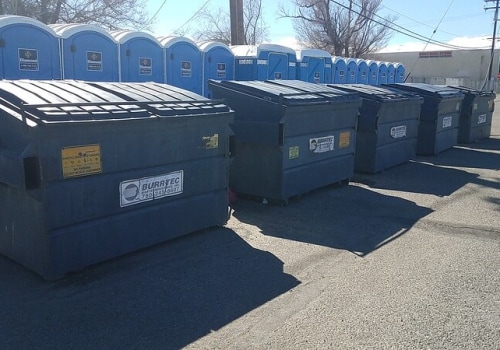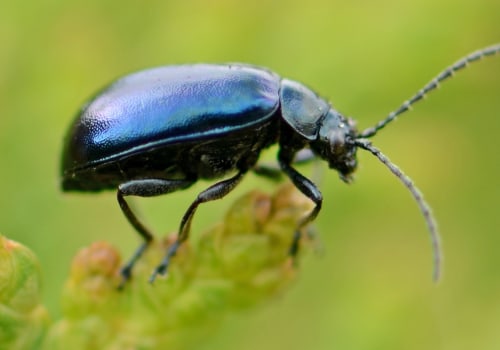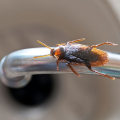A small amount of the pesticide in insect repellents will enter the skin, however, this amount is minimal and is not considered a health hazard. Some sensitive people have been found to react to DEET; however, laboratory tests indicate that there is no effect on the developing baby. Using insect spray during pregnancy is risky. Pesticides and insecticides contain chemicals that are used to attack the nervous system of insects and cause them to die.
During the first trimester of pregnancy, your baby's nervous system is developing rapidly, so you'll definitely want to avoid any contact with pesticides during pregnancy. Pesticides used to kill insects can harm a growing fetus, so pregnant women should stay away from them as much as possible. Exposure to them can lead to miscarriages, premature birth, and birth defects. You can use safer methods, such as boric acid, available at most hardware stores.
Exposure to pesticides could increase your chances of having a miscarriage, having a baby with birth defects, or other problems. Some pesticides can also pass into breast milk. Here you can learn more about these chemicals and what you can do to reduce your exposure and achieve a healthier pregnancy. Most modern pest control methods do not use harsh industrial grade chemicals to carry out pest control.
Chemicals and substances included in treatment methodologies used for pest control have their risks. The existence of chemicals and other substances in pest control can make you wonder if that decision could be wrong. While pest control is necessary, you can do everything you can to ensure that your interaction with pests is kept to a minimum. However, some experts at professional pest control companies express concern that these options will not catch enough cockroaches to eliminate an infestation.
If you use professional service, experts say you should contact your pest control company to let them know you're pregnant. EHP adds that the risk increases during the first three months of pregnancy and when professional pest control services are used at home. However, the presence of pests is a problem that can affect pregnancy in multiple ways, and it needs to be kept under control. Pest infestations including fleas, mosquitoes, and cockroaches can be much more dangerous to you and your growing baby than pest control products used to destroy them.
The answer to this question will depend on where you are in your pregnancy, the pests you are likely to encounter, and the methods you use to control them. While this might be safe, it's best to avoid being home while pest control is being carried out, which keeps you away from any type of chemical contact.







